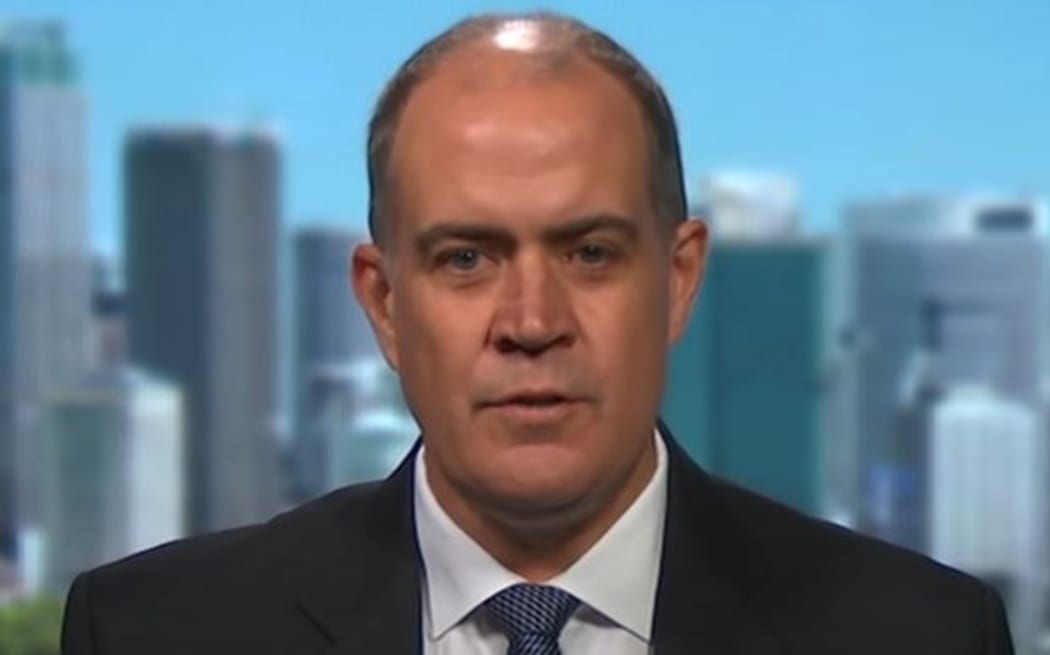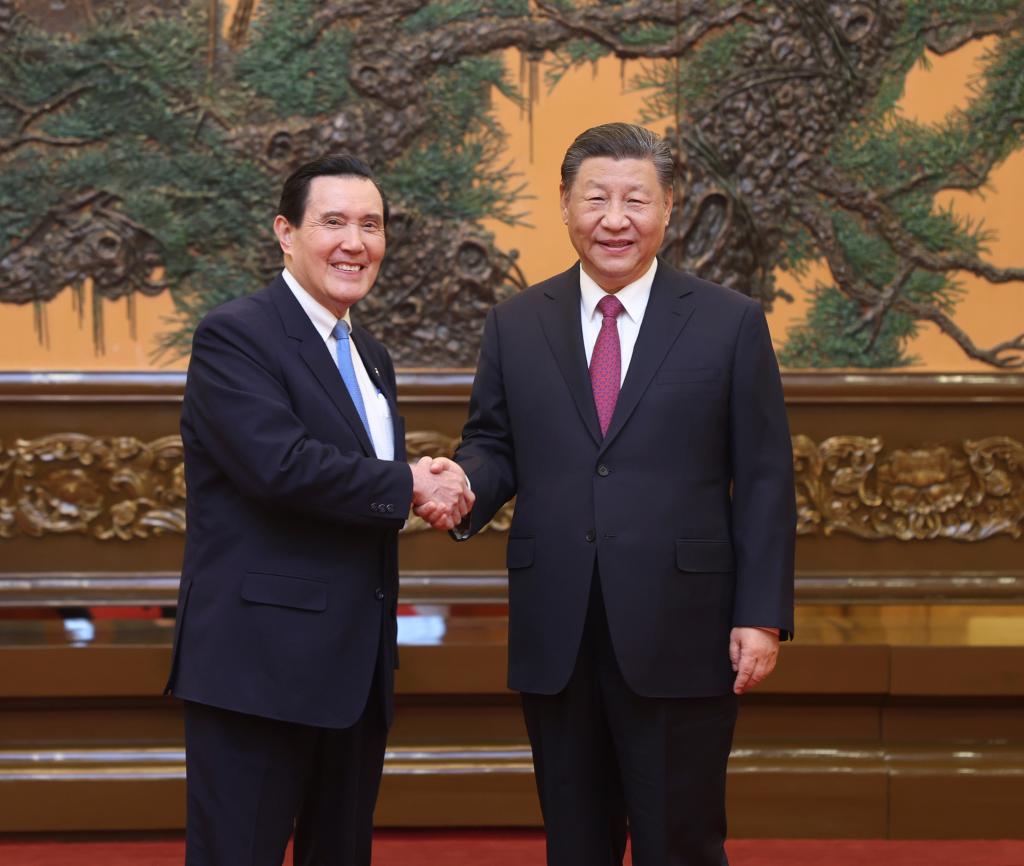NEW YORK (AP) — Jonathan Tetelman transformed from a nightclub DJ to an international opera star, a music detour that was quite, well, operatic.
He stopped singing in 2011 and mixed music for New York’s clubbers at Webster Hall, Pacha, Greenhouse and W.i.P. These days, the 35-year-old’s gigs are at posher places such as London’s Royal Opera House and the Salzburg Festival.
His career revived by a transition to tenor from baritone, Tetelman will be featured as Ruggero in a Metropolitan Opera performance of Puccini’s “La Rondine (The Swallow)” with soprano Angel Blue, televised live to theaters worldwide Saturday. Starting April 26, he sings Pinkerton in “Madama Butterfly” opposite soprano Asmik Grigorian in her Met debut.
“I kept saying to people, ‘You know, I’m a DJ, but I’m actually an opera singer.’ And the more I said it, the more I was like: ’Am I really an opera singer?’” Tetelman recalled of his singing sabbatical.


 Related articles
Related articles




 Wonderful introduction
Wonderful introduction




 Popular information
Popular information